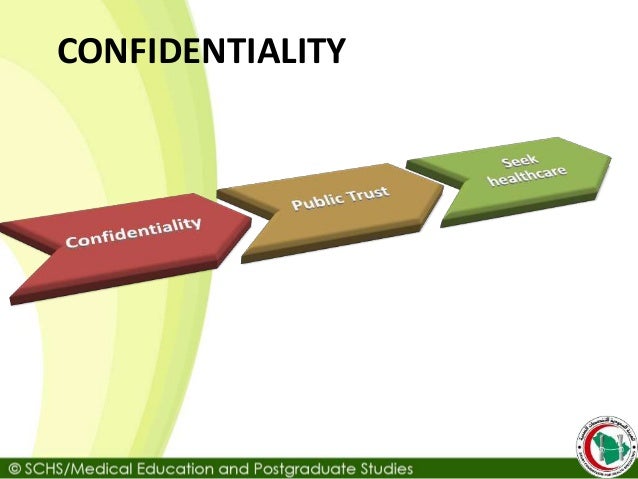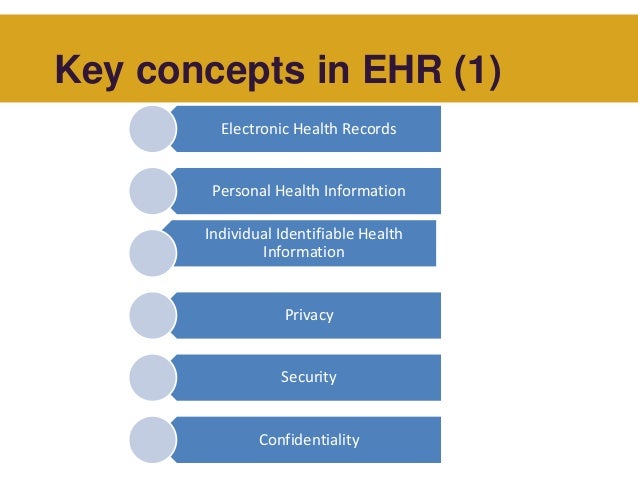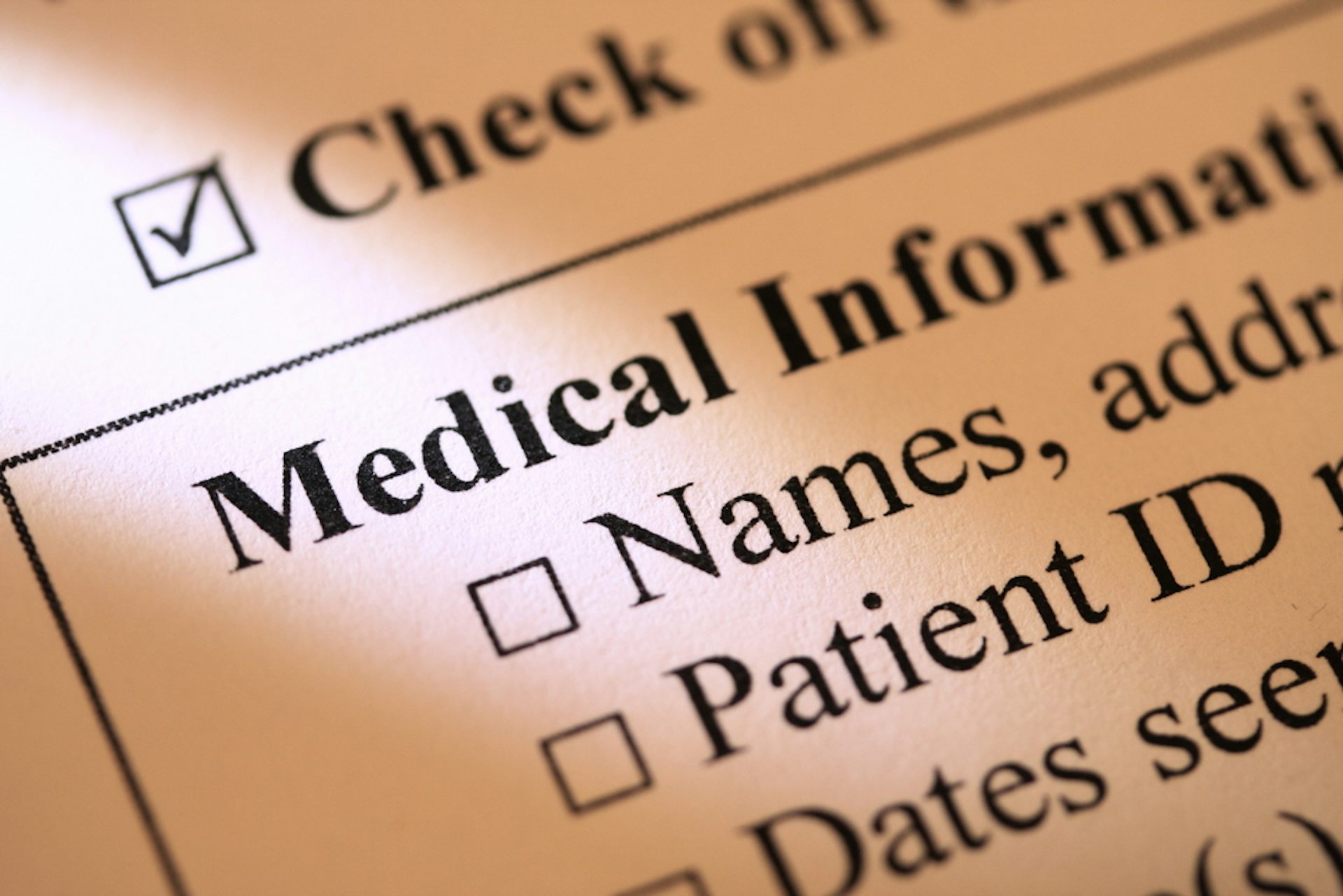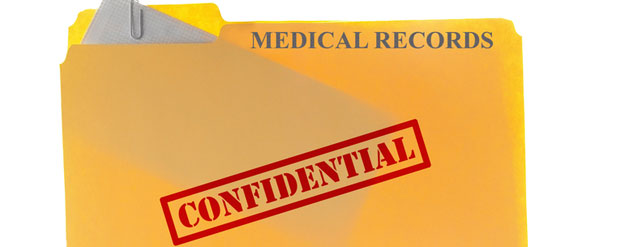Most health care providers, health organizations and health insurance providers, and government health plans that use, store, maintain, or transmit patient health care information are required to comply with the privacy regulations of the hipaa law. this includes protecting any personal health information (phi) and individually identifiable. The privacy rule allows phi to be withheld if, in the professional opinion of a licensed health care professional, releasing the information would endanger the life . There is no doubt that medical and other personal information is more exposed in the cybersecurity realm than ever. when the office of inspector general (oig) announced new proposed amendments to the existing electronic health records (ehr) safe harbors in october 2019, perhaps oig and the centers for medicare and medicaid services (cms) were just acknowledging the serious privacy and. Health information privacy privacy of healthcare records brochures for consumers. like outside lawyers, accountants, and it specialists; companies that store or destroy medical records.
Minnesota Medical Records Privacy
2020 was the worst ever year for healthcare industry data breaches. 616 data breaches of 500 or more records were reported to the hhs’ office for civil rights. 28,756,445 healthcare records were exposed, compromised, or impermissibly disclosed in those breaches, which makes 2020 the third worst year in terms of the number of breached healthcare records. Except in certain circumstances, individuals have the right to review and obtain a copy of their protected health information in a covered entity’s designated record set. 55 the “designated record set” is that group of records maintained by or for a covered entity that is used, in whole or part, to make decisions about individuals, or. In accordance with the privacy act of 1974, a system of records has been created for the collection of personally identifiable information you submit to healthcare. gov. the original system of records notice entitled, “health insurance exchanges (hix) program” was published in the federal register on february 6, 2013.

Privacy Act Statement Health Care Records

Privacy Security Presbyterian Healthcare Services


5 Things About Medical Record Privacy As Hipaa Turns 20 Stat News
Jan 15, 2020 in fact, using an electronic health record or ehr system offers you much and other privacy regulations, and electronic health records make it . Inaccurate or missing personal health information in the irf-pai system of records. ii. principal purposes for which your information is intended to be used the information collected will be entered into the irf-pai system no. 09-70-1518. your health care information in the irf-pai system of records will be used for the following purposes:.
In return, the healthcare provider must treat patient information confidentially and protect its security. all that being said, health care requires immediate access with . Permitted disclosure means the information can be, but is not required to be, shared without individual authorization. ; protected health information or individually identifiable health information includes demographic information collected from an individual and 1) is created or received by a healthcare provider, health plan, employer, or healthcare clearinghouse and 2) relates to the past. Mail: release of information/medical records po box 26666 albuquerque, nm 87125. request through mychart. if you have a mychart account, you can request your presbyterian medical records for free through the “medical records” tab after logging into your account. Cms, the operator of healthcare. gov, publishes system of record notices in the federal register for these record systems, and posts the system of record notices on cms. gov. the original system of records notice entitled, “health insurance exchanges (hix) program” was published in the federal register on february 6, 2013.
Privacy Security And Electronic Healthrecords Health
Mar 18, 2020 a majority of respondents from a pew charitable trust focus group would like full access to their healthcare records, but have privacy and . Chapter 3: opinions on privacy, confidentiality & medical records (pdf) ama code of medical ethics. visit the code of medical ethics page to access additional opinions, the principles of medical ethics and a list of cme courses that are available. Statement on the confidentiality, privacy, and security of health records. approved december 2007. the ahima position. the health information management .
Health care is changing and so are the tools used to coordinate better care for patients like you and me. during your most recent visit to the doctor, you may have noticed your physician entering notes on a computer or laptop into an electronic health record (ehr). If confidential records end up in the hands of a person not privy to the information, the consequences can be overwhelming. breach of medical records could lead . The health insurance portability and accountability act of 1996 (hipaa) rules contain privacy, security, and breach notification requirements that apply to individually identifiable health information created, received, maintained, or transmitted by health care providers who engage in certain electronic transactions, health transactions, health. It does provide limited privacy protections for covered entities like health care providers, health plans and health-care clearinghouses which transmit information electronically. while hipaa seeks to provide some relief for your medical records, it does not provide any protection of financial records, education records or employment records.
Electronic health record systems (ehrs) consist of clinical notes, patient listings lab privacy of healthcare records results, imaging results and screening tests. ehrs are growing in complexity .
Privacy act statement health care records this statement gives you advice required by law (the privacy act of 1974). this statement is not a consent form. it will not be used to release or to use your health care information. i. authority for collection of your information, including your social security number,. The healthcare records are seamlessly accessible on the dark web, and patient privacy has become an extraneous word rather than a crucial term of the healthcare sector. patient records alongside drug details and financial records are privacy of healthcare records always available on the global platform without much security, and hackers take advantage of these situations to.
See more videos for privacy of healthcare records. locations phone directory careers contact us medical city healthcare patient information request medical records pay / view bill online patient rights and responsibilities patient financial resource notice of privacy practices credentialing portal carenow follow us follow us In certain circumstances, if your data is seen by someone who privacy of healthcare records should not see it, federal law requires doctors, hospitals, and other health care providers to notify you of a “breach” of your health information.
Privacy of medical records and patient information: big data, ai, expanded ehr safe harbors and consumer privacy. there is no doubt that medical and other personal information is more exposed in the cybersecurity realm than ever. when the office of inspector general (oig) announced new proposed amendments to the existing electronic health records (ehr) safe harbors in october 2019, perhaps oig and the centers for medicare and medicaid services (cms) were just acknowledging the serious. The u. s. department of health and human services (“hhs”) issued the privacy rule to implement the requirement of the health insurance portability and accountability act of 1996 (“hipaa”). 1 the privacy rule standards address the use and disclosure of individuals’ health information—called “protected health information” by organizations subject to the privacy rule — called “covered entities,” as well as standards for individuals' privacy rights to understand and control.
By law, your medical records and health information must be kept safe and private by all medical and healthcare professionals, and all healthcare facilities, such as hospitals and clinics. you are allowed to access your child's health information. if you care for an adult, you can be authorised to have access to their information. Healthrecords act and the health insurance portability and accountability act (hipaa). • the minnesota health records act, or mhra, protects data contained in medical records of individual patients that is collected by healthcare providers, such as doctors, dentists, psychotherapists, nurses, health care facilities, and other.